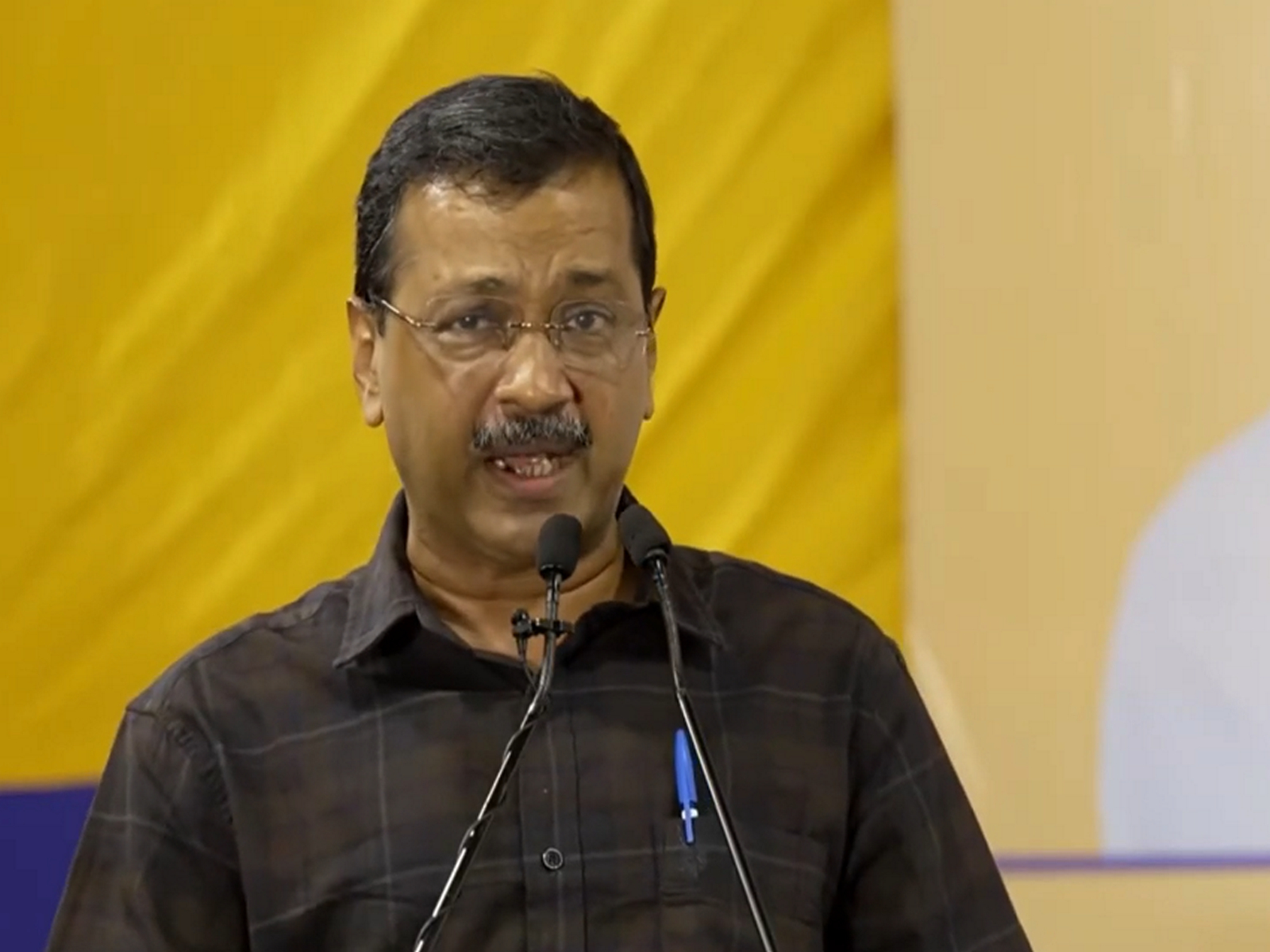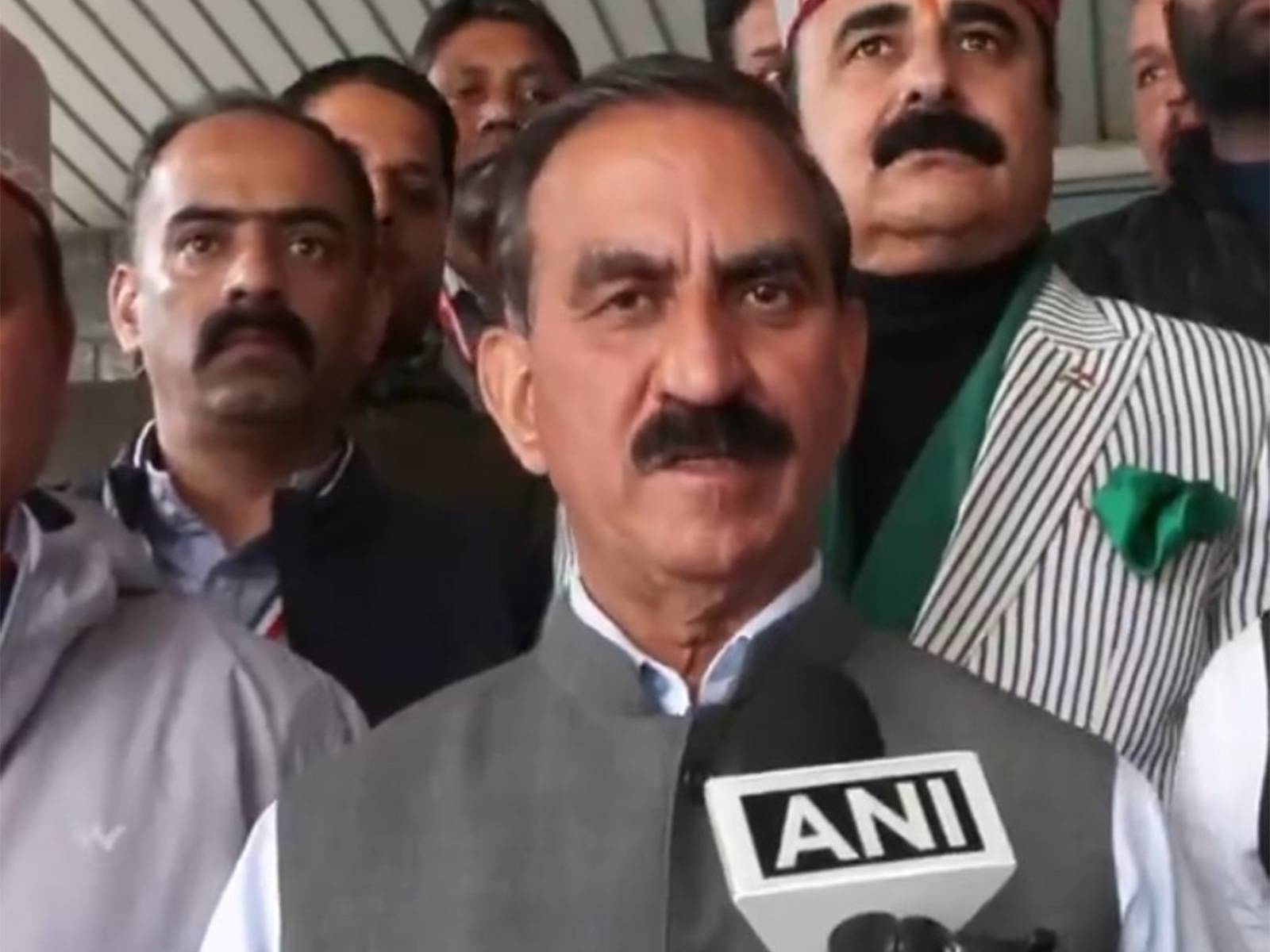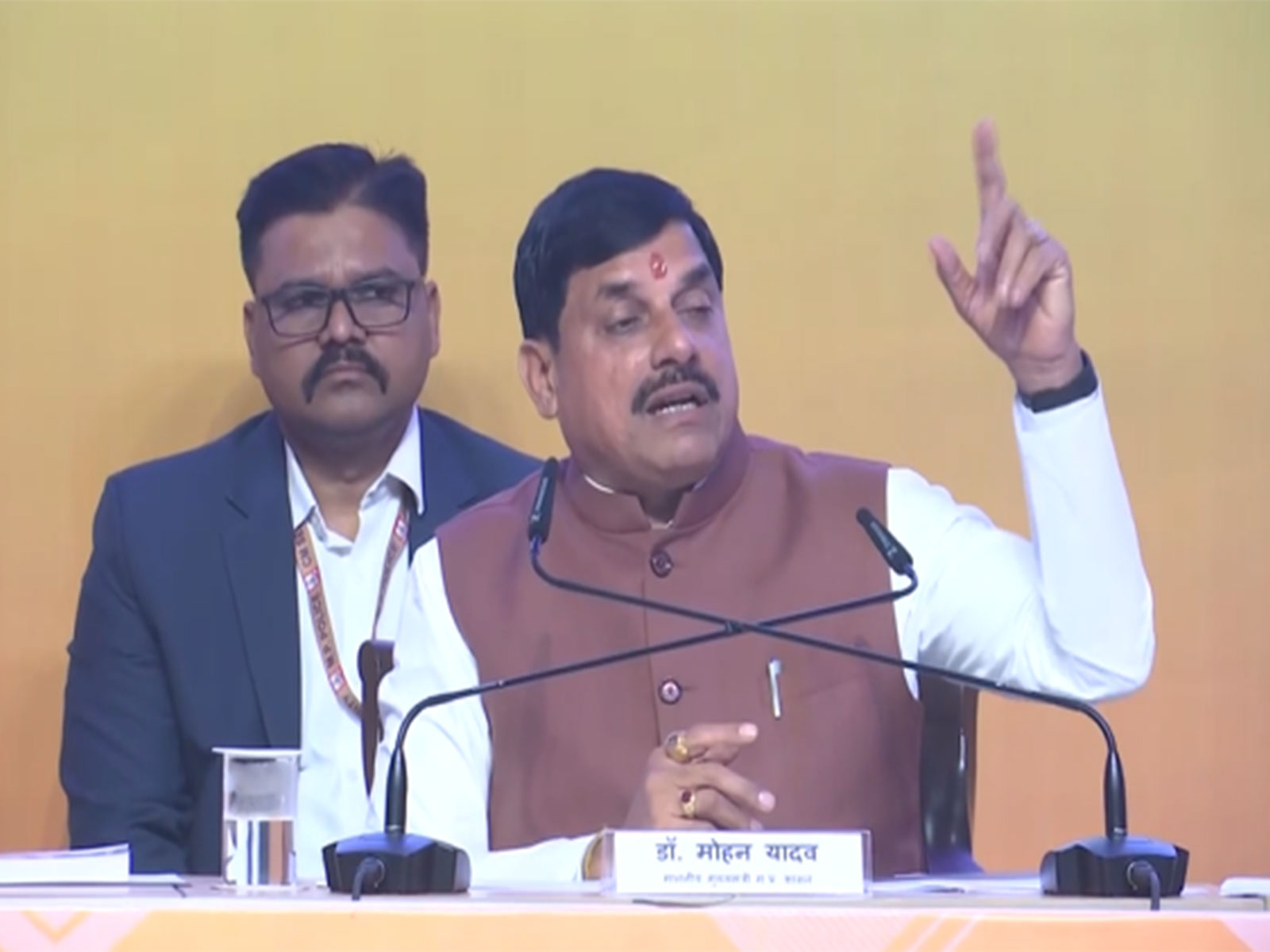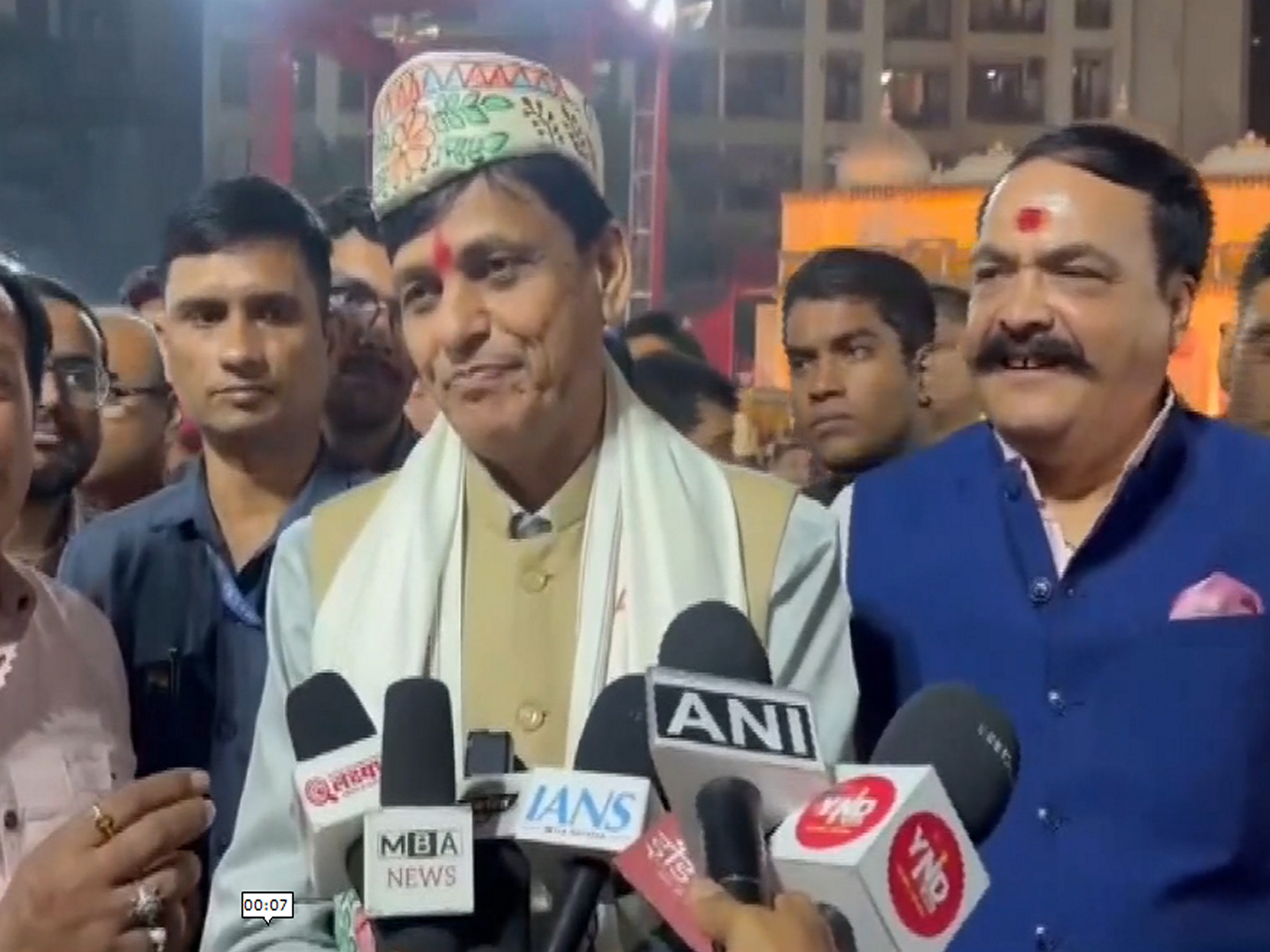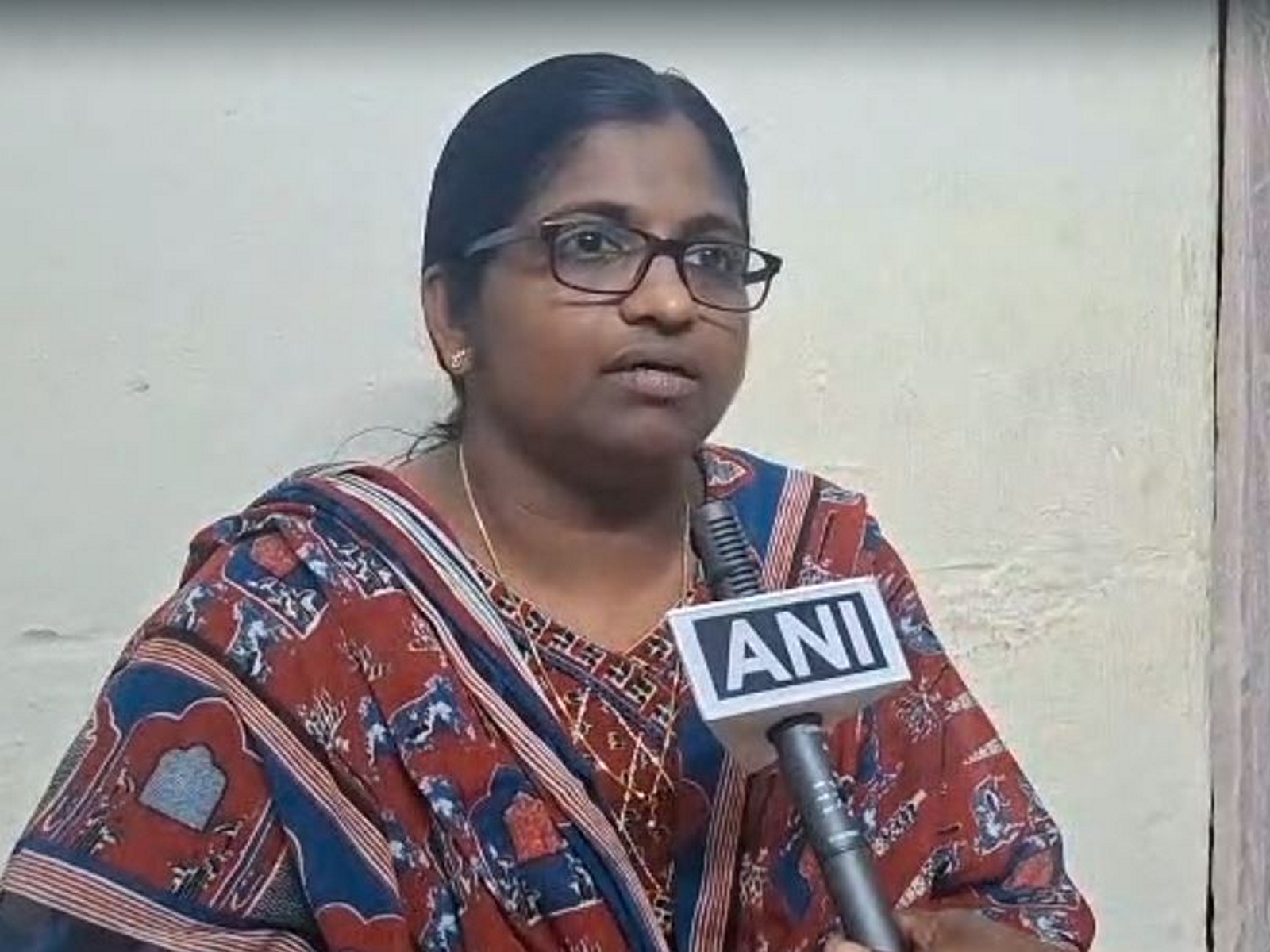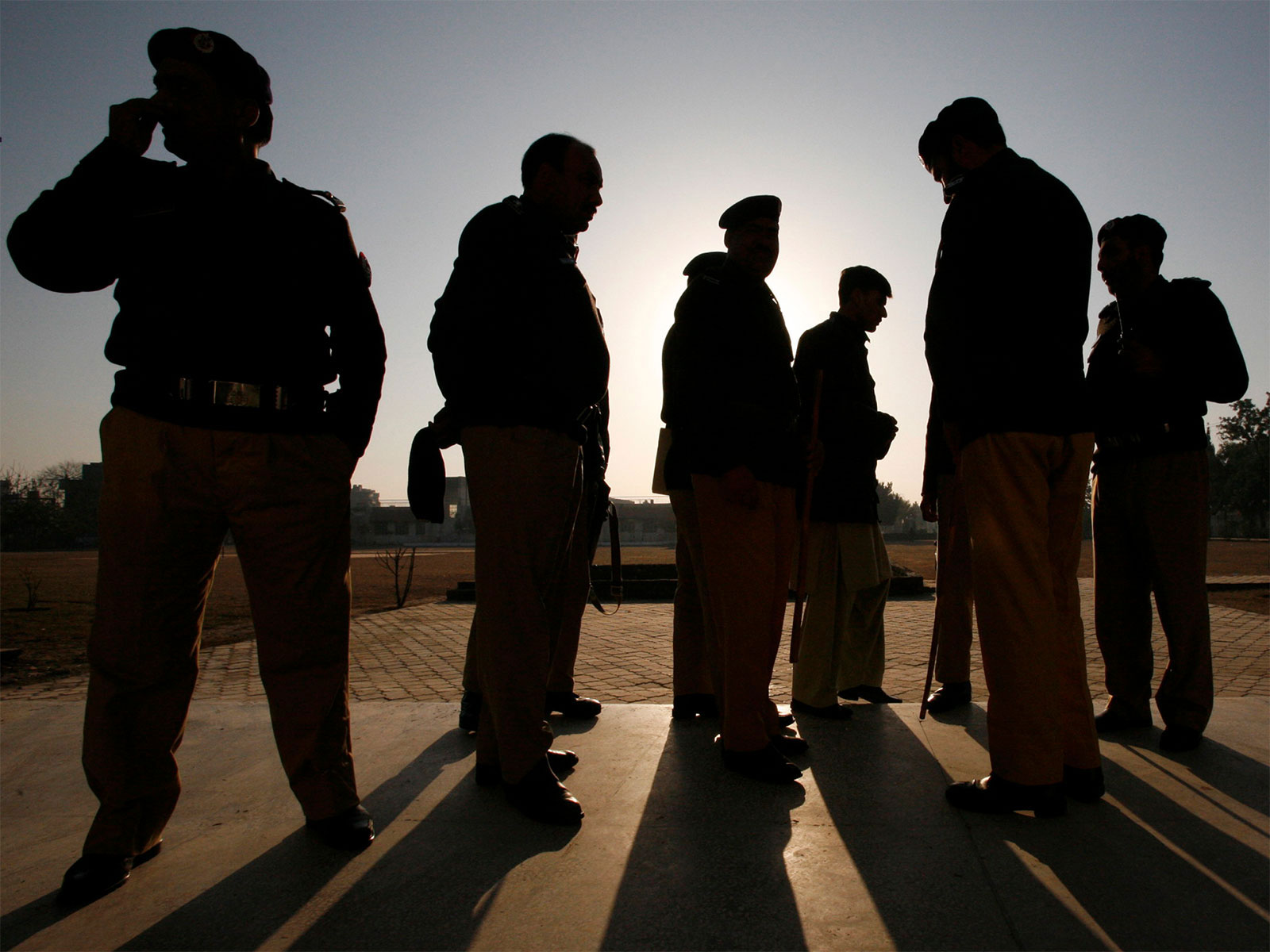Delhi vs Centre: SC freezes filing of pleading in case, Constitution bench to hear matter on Nov 24
Nov 11, 2022

New Delhi [India], November 11 : The Supreme Court on Friday prohibited the filing of any pleadings (filing of documents or affidavits) in a case relating to a dispute over the contentious issue of who should control administrative services in Delhi over the transfers and postings of officers in the national capital.
Senior advocate Abhishek Manu Singhvi appearing for the Aam Aadmi Party government mentioned the matter before a bench of Chief Justice of India DY Chandrachud and Justice Hima saying Delhi's deputy Chief Minister filed an affidavit to show the paralysis in administration.
Singhvi mentioned paralysis in administration in Delhi due to non-cooperation by bureaucrats with the Arvind Kejriwal-led Delhi government.
Additional Solicitor General (ASG) Sanjay Jain appearing for the Centre objected to the Sisodia filing an affidavit in the matter and also accused the Delhi government of leaking the affidavit to the media before it was filed in the apex court.
Singhvi refuted the allegation of sharing the affidavit with the press. The bench told Singhvi that the Delhi government could have said that without filing an affidavit as well.
"We will not ask the Centre to file a response to this affidavit. We will deal with the constitutional issues," the apex court said.
The bench then said that it will not allow any further filings in the case.
"We will freeze the pleadings. We will not ask for a reply now otherwise everyone will start filing affidavits one day before the hearing. Let the Constitution Bench take up the matter now," said the top court.
The matter is listed for hearing before the Constitution bench of the Supreme Court on November 24.
Filing an affidavit, Sisodia told the apex court that bureaucrats in Delhi are not cooperating with the AAP government, thereby, paralysing the implementation of policies and projects of the elected government in the national capital.
The bureaucrats have stopped attending meetings called by AAP ministers and have stopped answering phone calls by ministers and these issues have become more acute with the appointment of the current Lieutenant Governor of Delhi, Vinai Kumar Saxena, the affidavit stated.
A five-judge Constitution bench of Justices DY Chandrachud, MR Shah, Krishna Murari, Hima Kohli and PS Narasimha has to decide to raise legal issues concerning the scope of legislative and executive powers of the Centre and Delhi government over control of services in the national capital.
The case was slated to be heard by a Constitution bench after a three-judge bench had in May this year decided to send it to a larger bench on a request by the Central government.
On February 14, 2019, a two-judge Bench of the top court had delivered a split verdict on the question of powers of the GNCTD and Union government over services and referred the matter to a three-judge Bench.
While Justice Ashok Bhushan had ruled the Delhi government has no power at all over administrative services. Justice AK Sikri, however, had said the transfer or posting of officers in top echelons of the bureaucracy (joint director and above) can only be done by the Central government and the view of the lieutenant governor would prevail in case of a difference of opinion for matters relating to other bureaucrats.
The two-judge bench which was hearing pleas on six matters pertaining to a long-running conflict between the Centre and the Delhi government had given a unanimous order on the remaining five issues except for the control over services.
Governance of the national capital has witnessed a power struggle between the Centre and the Delhi government since the Aam Aadmi Party (AAP) came to power in 2014.
Prior to February 2019 judgement, a five-judge constitution bench of the Supreme Court had on July 4, 2018, laid down the broad parameters for governance of the national capital. In the landmark verdict, it had unanimously held that Delhi cannot be accorded the status of a state but clipped the powers of the LG saying he has no "independent decision-making power" and has to act on the aid and advice of the elected government.
It had restricted the jurisdiction of the LG to matters pertaining to land, police and public order and on all other matters, it held that the LG would have to act on the aid and advice of the council of ministers.
